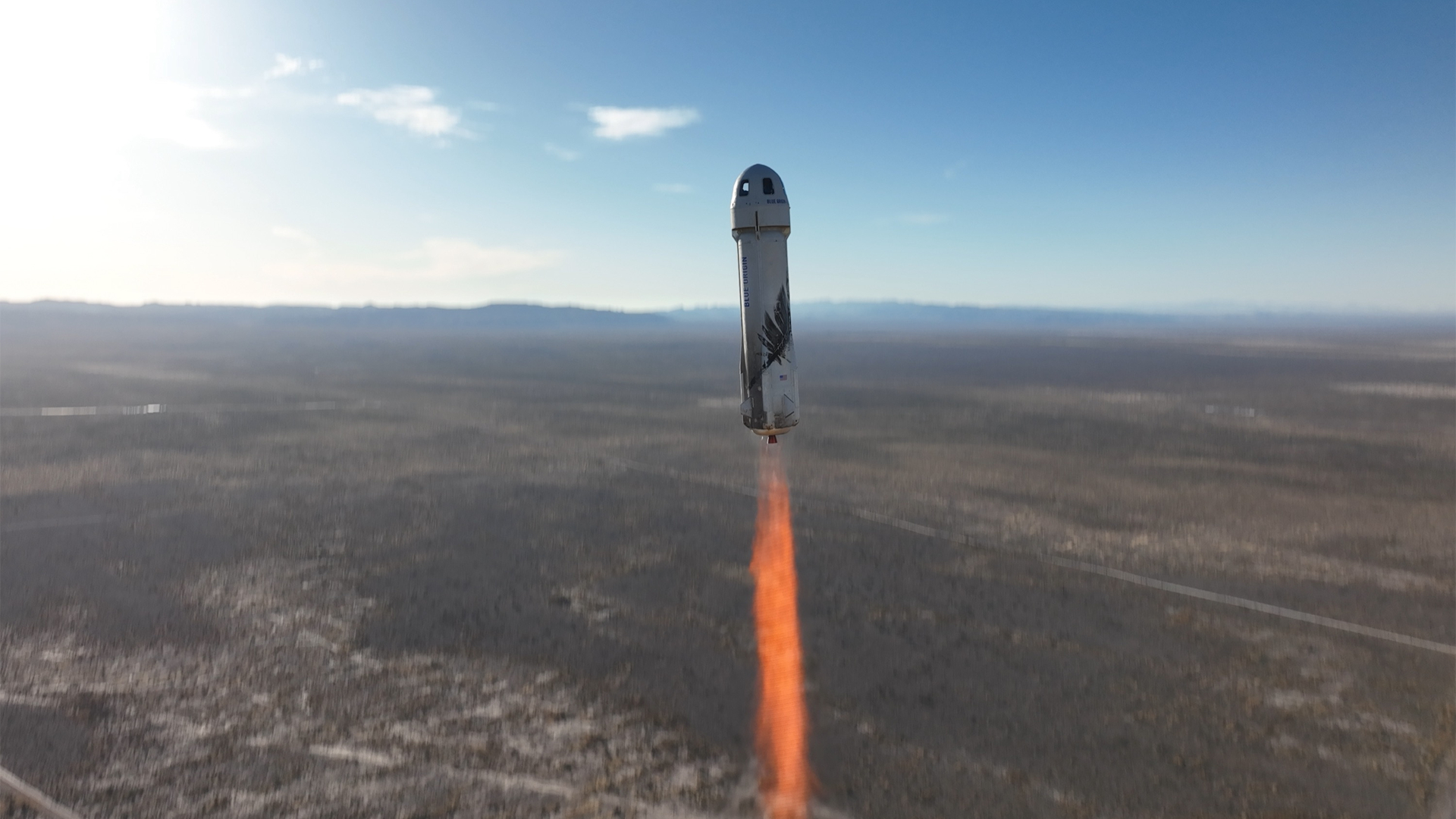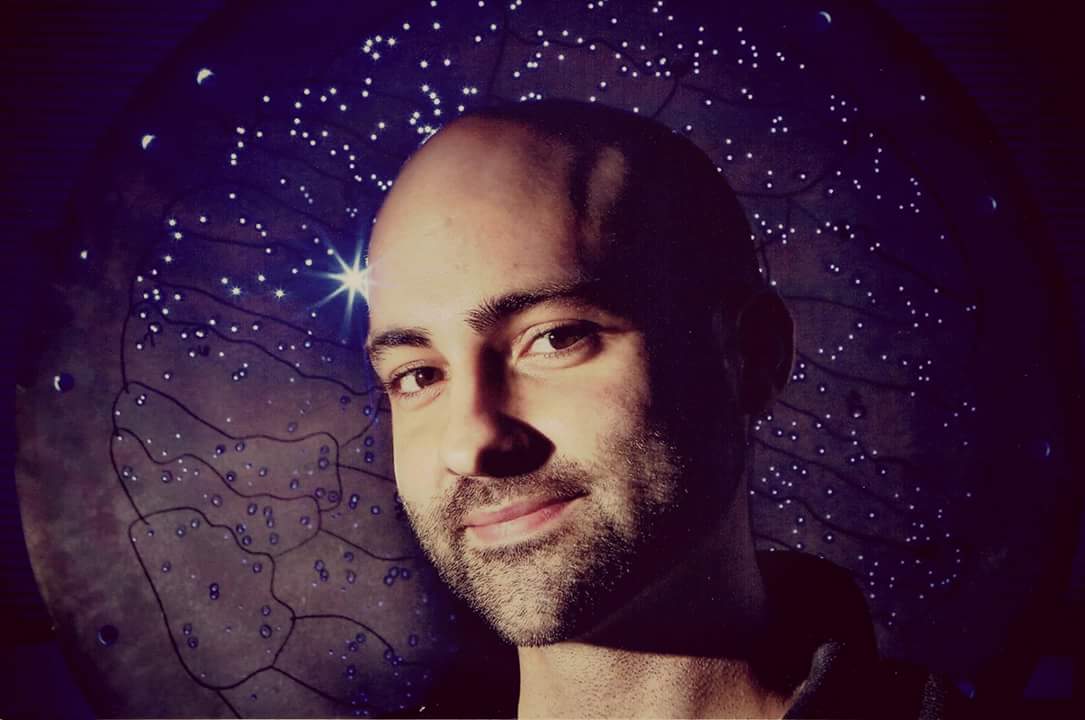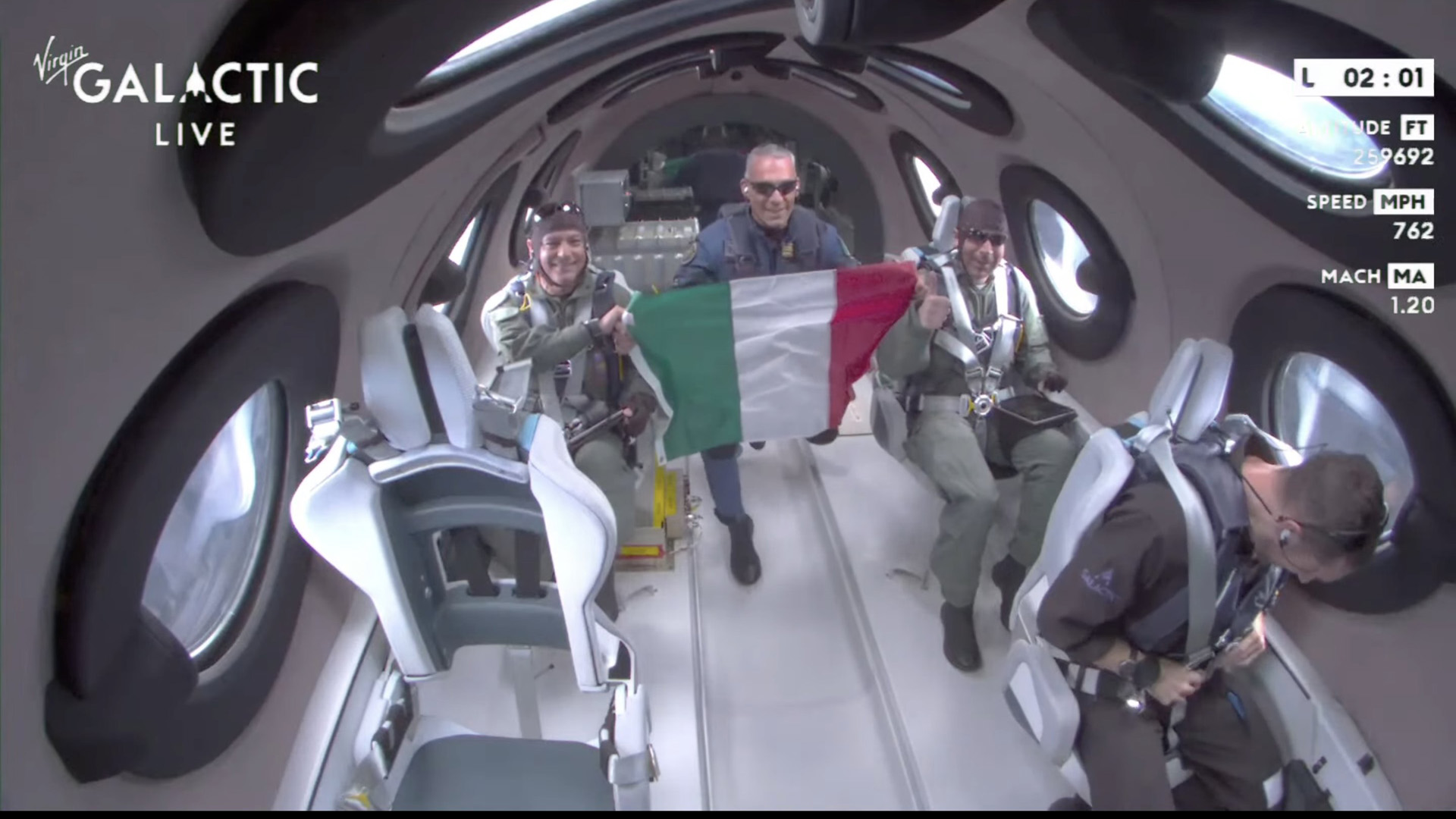Space tourism: What are the pros and cons?
Space tourism has its fans — and its critics.

Private companies are offering many opportunities to make the leap off Earth, ranging from a quick suborbital hop to a multi month stay on the International Space Station (ISS). But the advent of the space tourism industry has spurred a vigorous debate: Is it helping to propel humanity to the stars, or is it just letting rich people have a little fun while providing no real value?
Here's a look at the pros and cons of space tourism.
Related: How SpaceShipOne's historic launch 20 years ago paved the way for a new space tourism era
The pros of space tourism
A handful of private individuals, colloquially known as space tourists, managed to purchase tickets to the ISS or Russia's Mir station. However, with the end of the space shuttle program in 2011, NASA canceled any further opportunities. That picture changed with the emergence of private spaceflight companies headed by various billionaires, including Elon Musk's SpaceX, Jeff Bezos' Blue Origin and Richard Branson's Virgin Galactic.
Of the three, only Virgin Galactic has a stated long-term goal of promoting space tourism, offering quick suborbital flights just above the Kármán line — the arbitrary but internationally recognized edge of space. Paying customers can get a similar experience with Blue Origin, but that company hopes to pivot to orbital industries. With SpaceX, you can get a multiday stay in orbit, but you'll have to bid against numerous government contracts for the opportunity.
Promoters of space tourism have suggested various benefits of the industry. For example, many space tourists are actively running and participating in experiments, such as examining the effects of microgravity on human health, plant growth and material properties. This is real science that needs to be done to propel humanity to the stars.
There's also financial propulsion, with hundreds of millions of dollars of investment going into the newfound industry. Companies are developing new equipment, techniques, technologies and more so they can offer tickets to space. And the more we invest in space in general, the better off our shared ventures will be.
Breaking space news, the latest updates on rocket launches, skywatching events and more!
The frequent launches of space tourists, including celebrities such as William Shatner, have caught the media by storm. This, in turn, fuels more public interest, which can lead to more discussion, more awareness and more funding.
The cons of space tourism
On the other hand, critics of space tourism point out that the industry is catering solely to exceptionally wealthy individuals. Ironically, this can lead to a sense of public disillusionment with space: Instead of opening it up to everyone, it might cause people to roll their eyes at the inaccessibility. Basically, it's just rich people doing rich-people things.
Because of the enormous cost of a ticket — anywhere from hundreds of thousands to tens of millions of dollars — it's hard for most people to see the value in space tourism as an industry. They simply don't get to participate in it.
And while some space tourists have conducted experiments during their expeditions, those experiments haven't exactly been revolutionary or consisted of anything that couldn't be done by astronauts on the ISS. So space tourism isn't really advancing human spaceflight in any significant way.
Lastly, space tourism is a niche business. While some companies have developed technologies that are specific to this industry, those technologies will not necessarily transfer to other space-related activities, like industrial or scientific applications. We could be spending all this time, money and resources on a business venture that never grows significantly and never leads to anything else.
The bottom line
The bottom line is that space is hard — it's difficult to get to space, and it's difficult for humans to remain in space for any length of time. Most space tourism companies have folded well before their first attempted launch, and it's not clear that this business niche will grow all that much. Only roughly 60 people have been to space as tourists, and the vast majority of them have gone only on quick suborbital joyrides with a few minutes of weightlessness.
There are only a few launches, at most, every year dedicated to space tourism, and a peek at planned launch schedules reveals that this number will not change much over the coming years.
Most people will never get the opportunity to become a space tourist; it will likely remain a niche industry serving a select set of very wealthy individuals. It's not a game changer in any direction. It will continue to be a component of the overall human interest in space but not a major driver of innovation or expansion.
But hey, if you're ever given the chance, go for it!

Paul M. Sutter is a cosmologist at Johns Hopkins University, host of Ask a Spaceman, and author of How to Die in Space.


